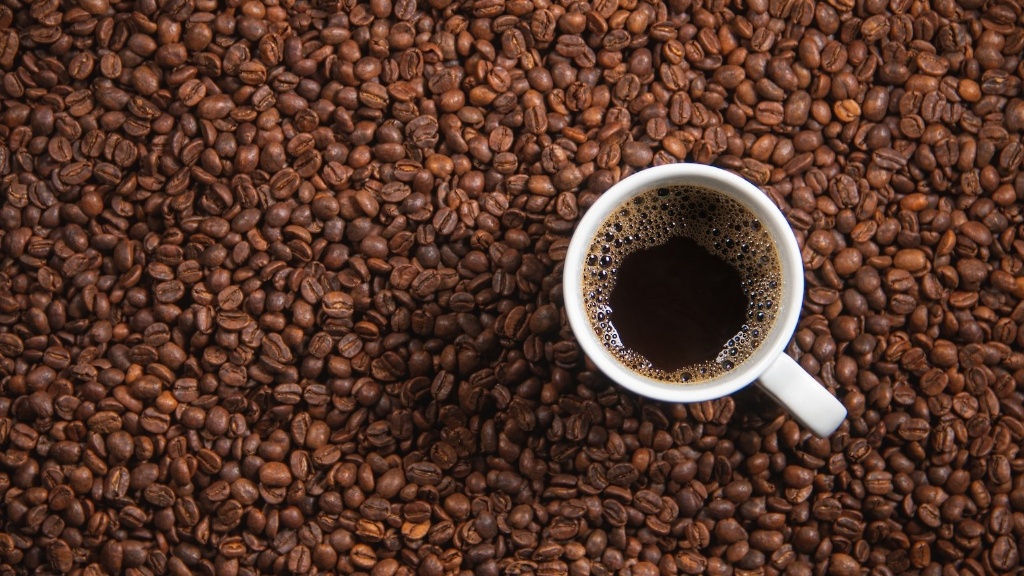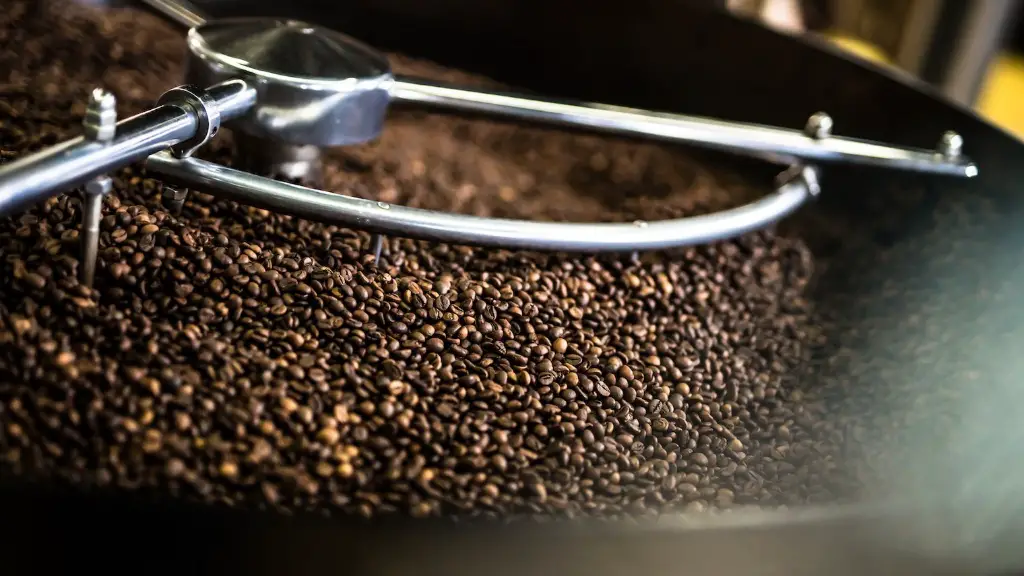Caffeine is a widely consumed stimulant found in coffee and many other beverages. It is known to be beneficial in improving mood and alertness. For those nursing mothers who are questioning if they can enjoy their favorite cup of coffee while breast feeding, the answer is yes, but with some limitations.
When it comes to drinking coffee while breast feeding, the recommendation is to not consume more than 3 cups or 300 milligrams of caffeine a day. This advice is based on the fact that caffeine passes into breast milk and can potentially cause a baby to be unsettled, or even irritable. If a mother provides her body with too much caffeine, the baby may have adverse reactions such as agitation, prolonged wakefulness, and decreased weight gain.
For those mothers who cannot imagine their day without a fix of coffee, expressing breast milk for their baby prior to drinking the beverage may be a solution. This would mean that the nurse would not be breast feeding his/her baby for at least two to three hours after they have had the coffee. This way, the baby will not be subjected to the effects of caffeine.
In addition, while researching the effects of caffeine in breast milk, experts suggest that the general rule of thumb is that caffeine is already filtered out of a mother’s liver by the time their baby is waking up for its next feed. This means that mothers should be aware of their daily routine and adjust the timing of their coffee intake accordingly.
On the other hand, some nutritionists advocate for the small amounts of caffeine found in coffee to still be positives for breastfeeding mothers. This is because of the health benefits that come from drinking coffee such as reducing one’s chances of developing type two diabetes, heart disease, certain cancers, Parkinson’s and dementia. They suggest that if a mother limits her intake, then her benefits may outweigh the risks.
For mothers unsure of how their baby will react to the caffeine, experts suggest that they monitor their baby for signs of restlessness and agitations after each feed. If the baby does not appear to be affected, then mothers can remain assured that their coffee intake has not impacted their breast-fed baby.
On that point, although caffeine is potentially harmful in high amounts during breast feeding, some studies have found that moderate levels of caffeine can have insignificant effects on the baby. Therefore, there is no cause for concern if a mother drinks a cup of coffee on a daily basis.
What type of coffees are safe for mothers?
When determining which types of coffees are the safest for breastfeeding mothers, the main rule of thumb is that the stronger the roast, the less caffeine it contains. This means that lighter roasts, such as blonde coffees, will typically contain higher levels of caffeine than the bolder roasts, such as dark and espresso.
For mothers who are still concerned with the caffeine intake when opting for a light roast, they can always opt for decaffeinated coffee. This is because the majority of decaffeinated coffees available at stores contain less than one percent caffeine.
Mothers should be aware that there are some decaffeinated coffees which are not fully decaffeinated. This means that there is still a presence of the chemical that removes the caffeine, which is the same chemical found in energy drinks. Therefore, breastfeeding mothers should still exercise caution when selecting decaffeinated coffees and read the labels for assurance.
For those mothers who are looking for a coffee that is safe and considers their caffeine intake, some brands have created blends that have lower levels of caffeine without compromising on flavor. This means that they can enjoy their favorite brews while staying within safe limits.
Are there alternatives to caffeine?
In addition to the traditional caffeinated drinks, there are some healthy, caffeine free alternatives that breastfeeding mothers can drink in place of their usual cup of coffee.
Herbal teas are perhaps the most popular substitutes. Not only are these teas caffeine free, but they also contain health benefits such as aiding in digestion and improving immunity. Some of the top herbal teas for mothers include chamomile, peppermint, ginger, and green tea.
In addition to tea, mothers can choose to drink raw cocoa, which contains theobromine as a substitute of caffeine. This is a stimulant which is less powerful than caffeine and also contains health benefits such as antioxidants.
For those mothers who still want the traditional coffee experience, they can opt for the decaf version of the preferred drink. This will provide them with the same cup o’ joe but without the caffeine.
Are there any other tips to consider?
In addition to controlling the caffeine intake, there are other tips that mothers can consider when combining coffee and breastfeeding.
Well-hydrated mothers are likely to produce more breast milk and will also get the most out of their coffee. Therefore, mothers should always consider hydrating themselves before and after drinking their cup of coffee. This is because drinking a beverage with caffeine can lead to dehydration, and consuming large amounts can lead to reduced milk supply.
Moreover, mothers should also be aware of side effects that could arise from consuming too much caffeine while feeding. Some common effects of excessive caffeine on breastfeeding mothers include anxiety, headaches and restlessness.
Finally, when drinking coffee while breastfeeding, it is essential that mothers pay attention to the quality of their beverage. This means avoiding coffees made with conventional dairy and unhealthy artificial ingredients. Furthermore, adding a dash of dairy or plant-based milk instead of processed condensed milk can be a healthier choice.
What other substances should be avoided?
When combining breastfeeding and coffee, there are other substances that nursing mothers should keep in mind.
Alcohol should be avoided by breastfeeding mothers as it can pass through the placenta and can affect the baby. Furthermore, smoking is also not recommended, as it can affect the quality and quantity of breast milk, causing premature weaning and also reduces milk production.
In addition to alcohol and smoking, mothers should also be aware of certain drugs and medications they may be taking while breastfeeding. This means anything from herbal medicines and antibiotics to antacids or omega-3 supplements. Mothers should always consult with a medical professional before taking any medications, as some of them can be transferred to the baby through their milk.
Finally, mothers should also avoid consuming large amounts of fatty and sugary foods and drinks during this period. This is because high-fat and sugary beverages can impair the baby’s ability to absorb and digest the milk.
Is it better to avoid coffee altogether?
When it comes to mothers who are still uncertain and questioning if they should consume caffeine while breast-feeding, the general conclusion is that small amounts of caffeine while nursing should not be a concern.
Therefore, mothers who are aware of the risks associated with high amounts and are able to prevent consuming more than 300 mg of caffeine per day can still enjoy the occasional cup of coffee while breast-feeding.
Nevertheless, if mothers want to be extra careful and want to take a more conservative approach, they can always opt for eliminating caffeine consumption altogether. This will provide them with peace of mind that their baby is not being affected by any chemicals that could pass through the breast milk.
Ultimately, it is up to each mother to decide what is best for her and her baby. All mothers should be aware of the potential risks associated with consuming coffee while breastfeeding, and make sure to keep an eye on their caffeine intake.





